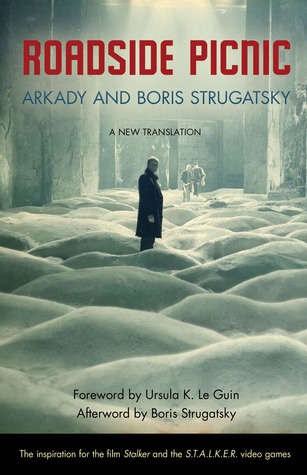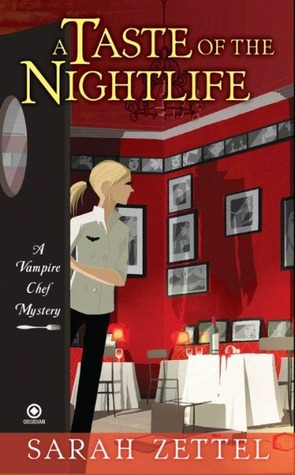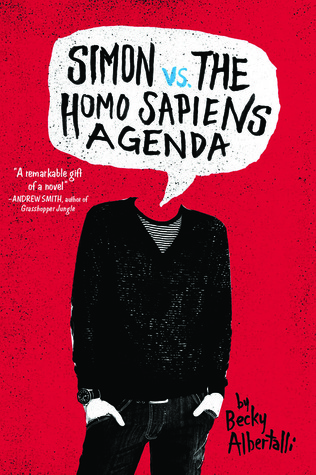 Roadside Picnic, Boris & Arkady Strugatsky
Roadside Picnic, Boris & Arkady Strugatsky
I suggested this book for the Cardiff SF/F bookclub.
Reading this again after finishing Jeff VanderMeer’s Southern Reach trilogy (Annihilation, Authority, Acceptance), the debt is obvious. If VanderMeer hasn’t read Roadside Picnic, there’s a whole bunch of similarities: the central idea, that maybe humans and aliens won’t/can’t understand each other, the mysterious and unknowable purpose behind the alien presence, the transformations of people in and around the Zone, even the revenant people who come back (in the Southern Reach trilogy, as doubles which mysteriously and quickly die; here, as actual corpses).The introduction by Ursula Le Guin mentions other stories which tackle similar themes re: human/alien interaction, which I’m going to have to check out.
As a bit of classic SF, this stands up pretty well, although of course it has its problems too. The only women with speaking lines are Guta and Dina, and both are objects of desire, motivators for the men. Monkey, Red’s daughter, barely even gets chance to speak, and she isn’t really treated as human. But I still find the set-up compelling, and even though none of the characters are really awesome people or fleshed out, they’re human, with the usual mix of good and bad aspects. Enough that they feel more or less real, though there’s a definite Russian flavour to it — one I can’t quite put my finger on, a sort of absurdity through precise descriptions of movements, actions, dialogue.
The ending… is inconclusive. It’s like they got to the culmination of the idea and character, and didn’t want to show the aftermath — maybe didn’t even know what it would be. That’s for us to wonder.
Rating: 4/5









